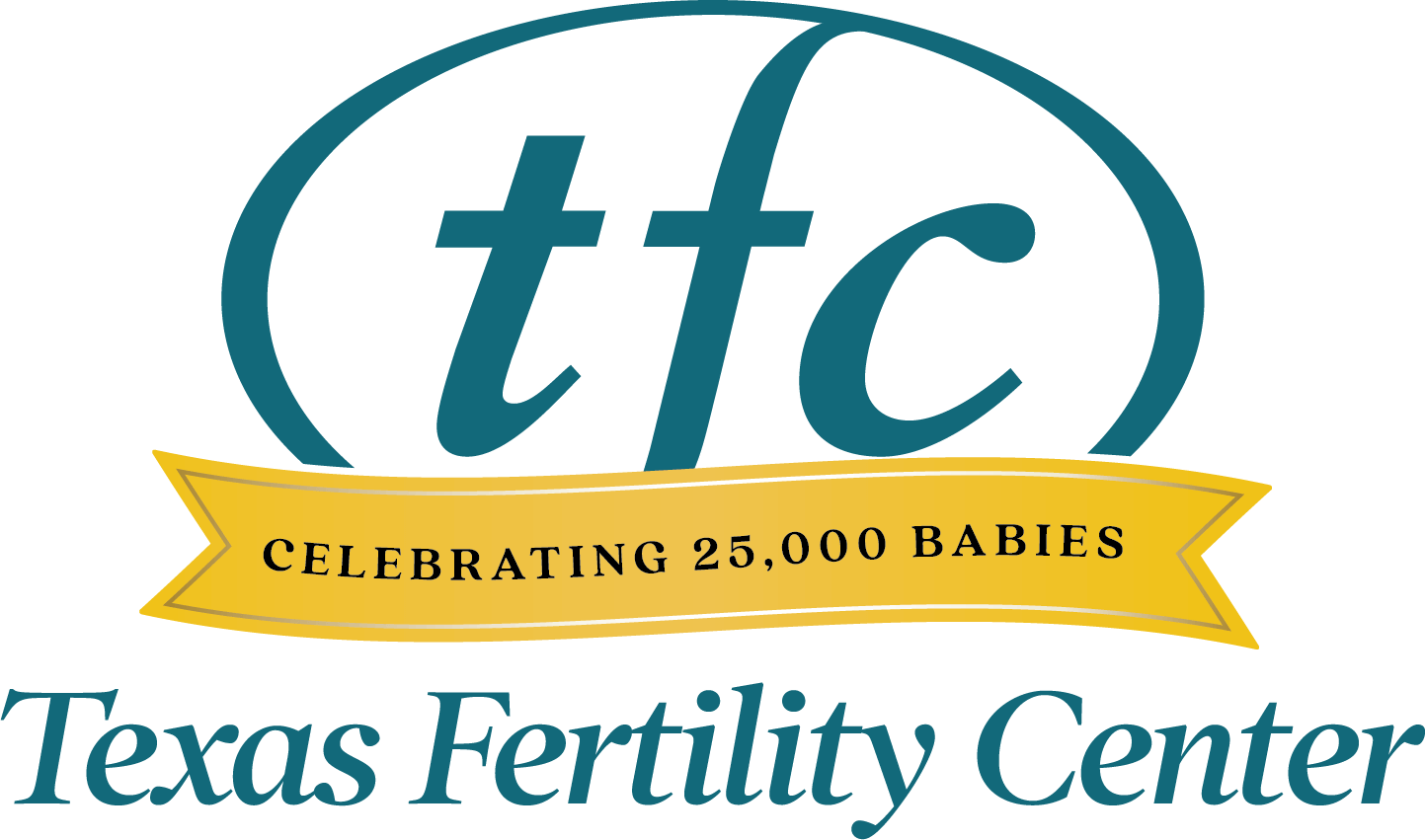
What AMH for ovarian reserve testing reveals about a woman’s fertility
Thanks to leading-edge research and advanced medical diagnostic tools, reproductive endocrinologists have access to sophisticated tests that help them better assess a woman’s fertility. Doctors also call this estimate ovarian reserve.
AMH and the ovarian reserve connection
When a woman has a diminished ovarian reserve (DOR) her fertility is compromised, decreasing her chances for becoming pregnant. To estimate how many eggs a woman has remaining, fertility specialists perform a blood test to check AMH levels. Ovarian follicles (pouch-like sacs that contain immature eggs) produce AMH. During each 28-day ovarian cycle, the follicles release one mature egg with the potential to be fertilized. A higher AMH value indicates that the woman has a large follicle pool, and therefore, a good number of eggs remaining that can increase the likelihood of becoming pregnant on her own or responding well to fertility treatment.
Who should have AMH testing for ovarian reserve testing?
Women who can benefit from the AMH test fall into one of the following three categories:
- Women considering egg freezing or IVF, as low levels of AMH can indicate a possible poor response to fertility treatment
- Women under 35 years of age who have been actively trying for one year to get pregnant without success, or women over 35 not able to conceive after six months of trying
- Women who have had chemotherapy or radiation to the pelvic region who want to know if it has affected future fertility
Fertility treatment addresses low AMH
When a woman’s AMH test comes back with a low value, it doesn’t necessarily mean she’ll have trouble conceiving. It’s important to note that while the test reveals the approximate ovarian reserve, it doesn’t reveal the quality of the eggs. The younger a woman is, the better the quality of her eggs. Therefore, a woman younger than 35 years with a decreased ovarian reserve differs from a woman over 35 years with a reduced reserve.
Our fertility specialists are experts at devising personalized protocols for each patient with low AMH. Options include freezing eggs or embryos for the patient to use in the future, and giving patients higher doses of ovarian stimulation drugs to maximize the number of eggs harvested while undergoing IVF treatment.
To learn more about AMH and the role it plays in your specific journey to motherhood, contact TFC.



